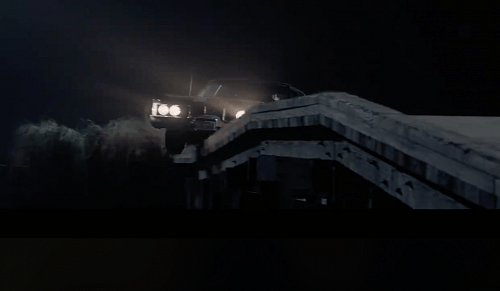‘Chappaquiddick’ Addresses Mystery, Unmasks Myth

The Kennedys' greatest achievement is using people and getting them to ask for more.
That skill is on display throughout the new movie Chappaquiddick, which opens nationwide tonight. True to life, a small army of helpers appears whenever Ted Kennedy needs them, all looking to protect him as if he's their liege lord and their major purpose in life is to serve him. That's also the way he acts much of the time, as if reinforcing his authority by demanding service.

